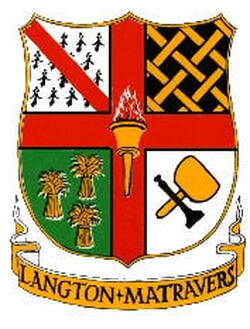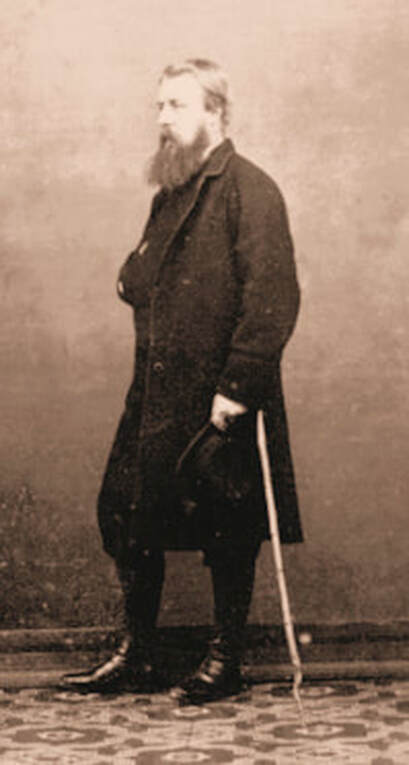History |
"The Great Schism"In 1845 not all children attended school as some of their parents liked to keep them home to help with their work and when the Education Act of 1870 was passed, which made it compulsory for all children to go to school, they still did not because no fine was laid down for those parents who did not.
In 1874 a fine was imposed and then they all attended but could not all get in the building and so the school had to be removed to its present position in 1884. Before that a very serious rift occurred in the village when Mrs. Serrell of Durnford House, who wished to have a Mistress appointed in charge, quarrelled with the Rector, who wanted a Master appointed, so she set up a rival school behind the three downstairs windows which are on the right of the present Village Hall. She tore down the bedroom floors and made the classroom into a modern lecture gallery with tiers of seats, and poured money into her school The parents sending their children to the National School had to pay twopence a week, a Monday penny and a Wednesday penny, whereas Mrs. Serrell admitted the children free and so ended up with the vast majority attending her school. She then complained to the Privy Council that the building next door was not being used for the intended purpose. Mrs. Serrell regularly taught a Class of the Church Sunday School in her schoolroom each Sunday morning, after which she marched them to church when the bell sounded for Matins, taking the class into the west gallery. On one inauspicious Sunday, when she arrived inside the south door she saw Mrs. Trotman, the Rector's wife, sitting at the front of the west gallery at a Harmonium, with a singer either side of her and behind. The lady turned and led her class out and back to the schoolroom, where she conducted Matins herself, with two unaccompanied hymns. Thereafter she conducted Matins regularly in her own schoolroom, always at the same time as the official church-service, and it was attended by the children and parents of that lady's Day School. She preached herself and read all the prayers, including the Absolution, which was, of course illegal. Her services were accompanied by her own band of fourteen musicians, which drowned out the sound of the "sweet-toned" harmonium opposite. Even after Rector Trotman left and was succeeded by the lord of the manor's son, the schismatical services continued until Mrs. Serrell's death in 1889. This was known in the village as the "Great Schism" and divided the community in many ways. Rector Lester wrote, printed and read a sermon against Mrs. Serrell's Schism. The full story of these events is told in our booklet "Rector Lester's Sermon against Mrs. Serrell's Schism 1878" in which is found the complete text of Rector Lester's sermon. Click the button below to find it, along with more of our publications.
|
© 2024 Langton Matravers Local History and Preservation Society



